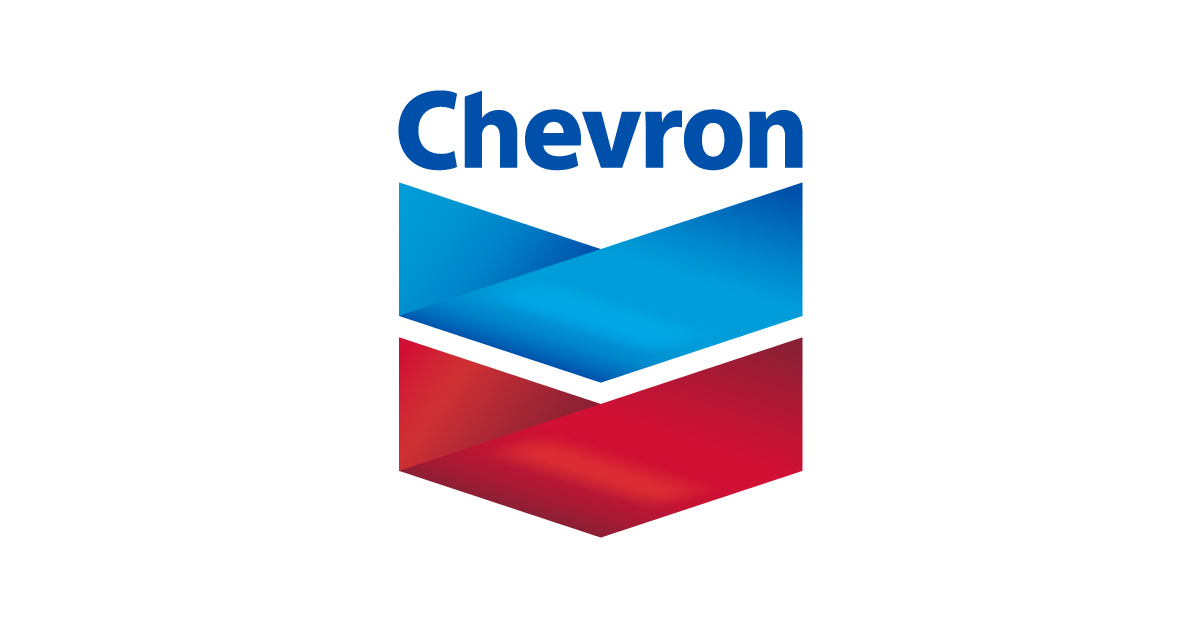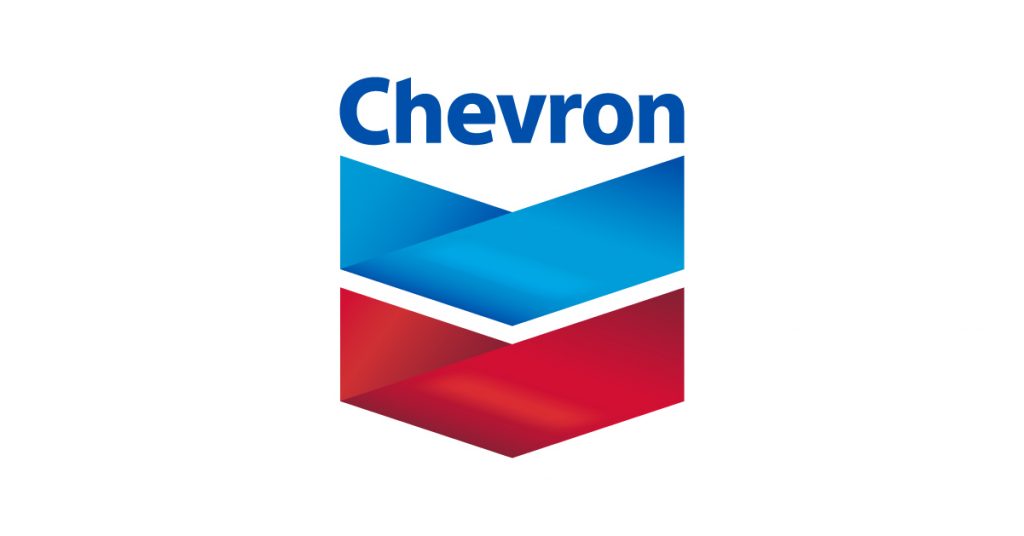In its continued commitment to the fight against HIV/AIDS,tuberculosis and malaria in developing countries , Chevron Corporation, has contributed US$5 million to the Global Fund to reduce HIV infections in Nigeria especially the Prevention of Mother-To- Child Transmission of HIV (PMTCT).

Disclosing the contribution in Lagos, Chevron Nigeria Limited, (CNL), an affiliate of Chevron Corporation, announced the disbursement of US$2.5 million donated by Chevron to the Global Fund to fight AIDS, tuberculosis and malaria for the implementation of the Chevron-Global Fund Antiretroviral Treatment Service Maintenance Program (ART Program), in Delta, Bayelsa, Ondo and Lagos States.
According to the company, in 2018, a final installment of US$2.5 million will be disbursed to support these HIV programs, amounting to a total contribution of US$5 million by Chevron. With over three million affected, Nigeria has the second highest number of people living with HIV/AIDS in the world.
And report shows that only 900,000 persons living with HIV in the country are currently on a treatment program as against the estimated total number of 3.2 million persons nationwide. Speaking during the announcement, General Manager, Policy, Government and Public Affairs, CNL,Mr Esimaje Brikinn,said these funds were in addition to US$6.7 million earlier donated by Chevron to HIV PMTCT in Bayelsa State. Brikinn said:“The ART Program will help bridge a critical national health gap and continue Chevron’s work in achieving an AIDS-free generation.
The program will help reduce new HIV infections and improve the quality of life for people living with HIV and other affected people in the communities of the targeted states. Additionally, it will provide Nigerians with universal access to high-quality, patient-centered prevention, diagnosis and treatment services for tuberculosis, HIV and drug-resistant tuberculosis by 2020.”
With 60, 000 new infections yearly, Nigeria has the highest population of babies born with HIV /AIDS , according to the United Nations programme on HIV /AIDS . Nigeria is the only country dragging the world back in the global plan to reduce HIV infections by 50 per cent, according to a UN report titled, “Progress Report in the Global Plan .”
He noted that these disbursements were part of a nine-year, US$60 million commitment from Chevron to the Global Fund. “The Global Fund raises and invests nearly US$4 billion a year to support programs run by local experts to fight the three diseases in countries and communities most in need”,he added.
The Global Fund is one of the world’s largest international financier of health care programs fighting AIDS, tuberculosis and malaria while Chevron is now the single largest private sector donor to the organization. According to Brikinn, “Chevron has learned through decades of experience that our success is tied to the health and prosperity of the communities where we operate.
Chevron’s social investments are developed through a participatory process and through partnerships not only with the communities who are living in proximity to our operations, but also with other stakeholders who share interests in common with our business such as government, Non-Governmental Organisations (NGOs), development agencies,among others ”.
He further said that CNL has also committed substantial resources over the years in implementing initiatives aimed at combating several diseases in communities close to its operations and beyond. He explained: “The initiatives include River Boat Clinic, building of community health centers, donation of medical supplies and sponsorship of health campaigns.”
Commending Chevron for the gesture, Minister of Health, Prof. Isaac Adewole, noted that the efforts of the company over the years exemplifies the private sector support for health intervention programmes in Nigeria. His words: “We are happy about what Chevron is doing to support government’s efforts in the fight of HIV and other diseases in Nigeria.
That is what we have been advocating; that the private sector should show concern about public health issues. Government cannot do it alone, and this support is needed to achieve a healthy society.”
The Global Fund’s Strategy 2017-2022 outlines results targets for the partnership. Programs supported by the Global Fund will save 14 million lives in the three-year period beginning in 2017, bringing the total lives saved by the Global Fund partnership to 36 million by the end of 2019. Those programs will also avert up to 194 million new infections or cases of HIV, TB and malaria.

